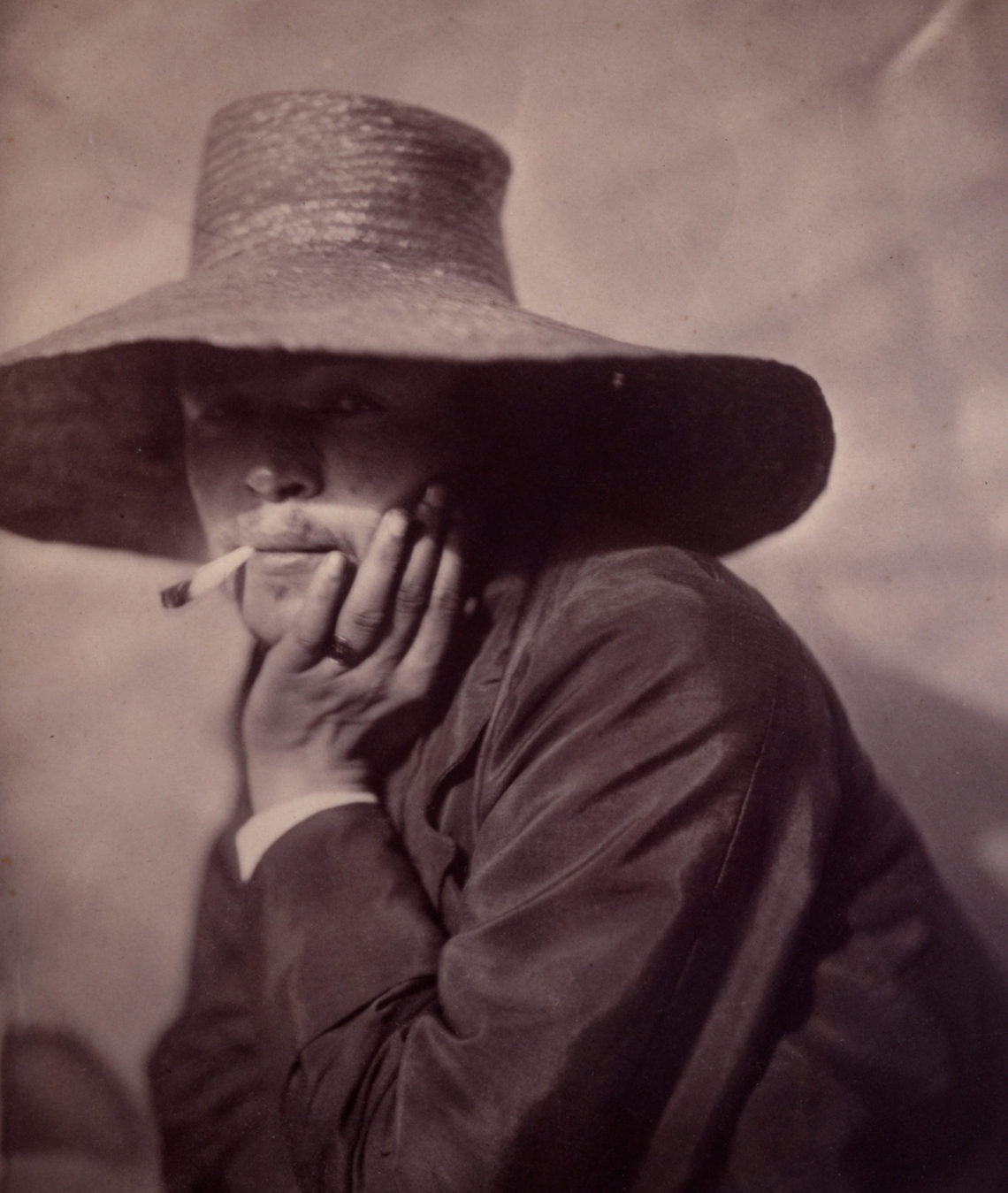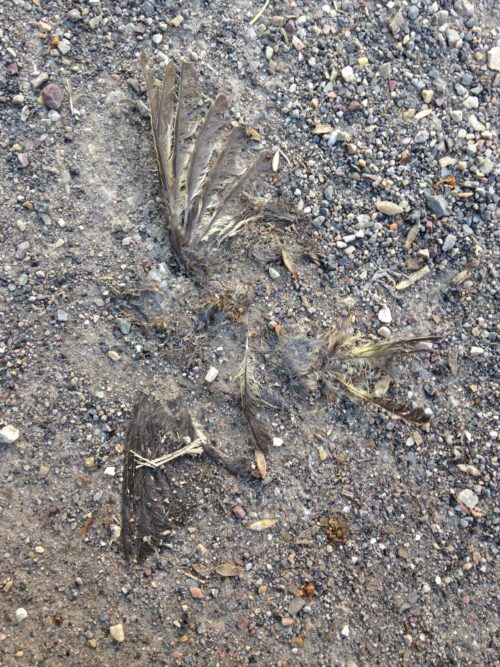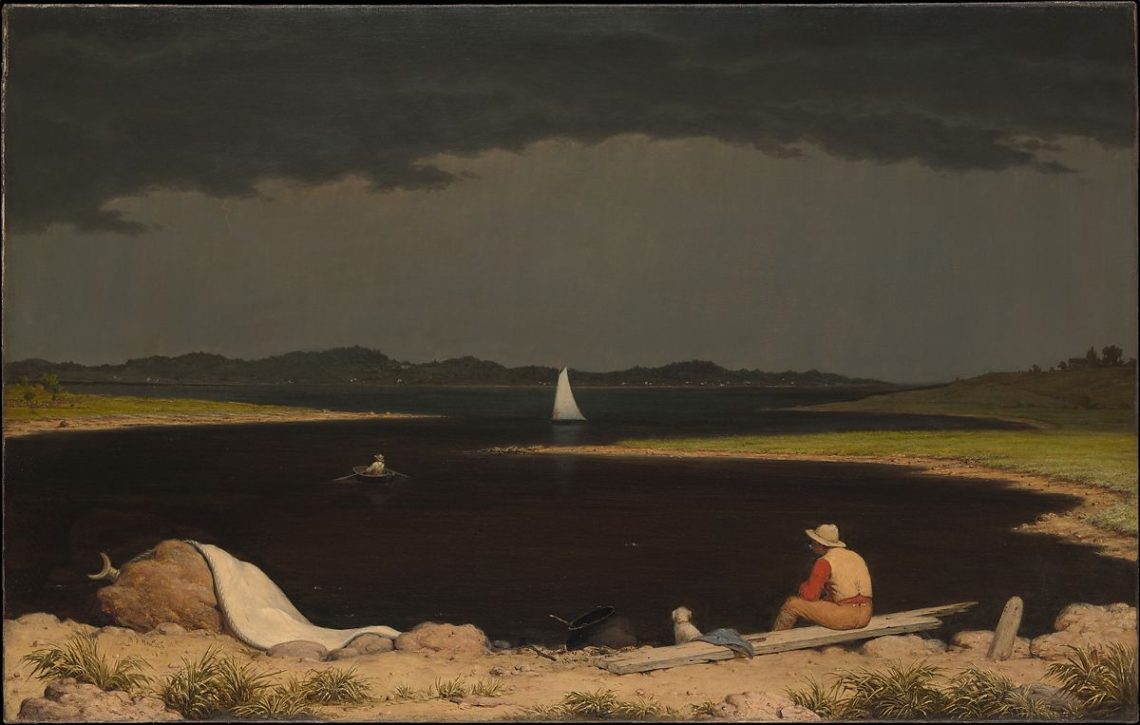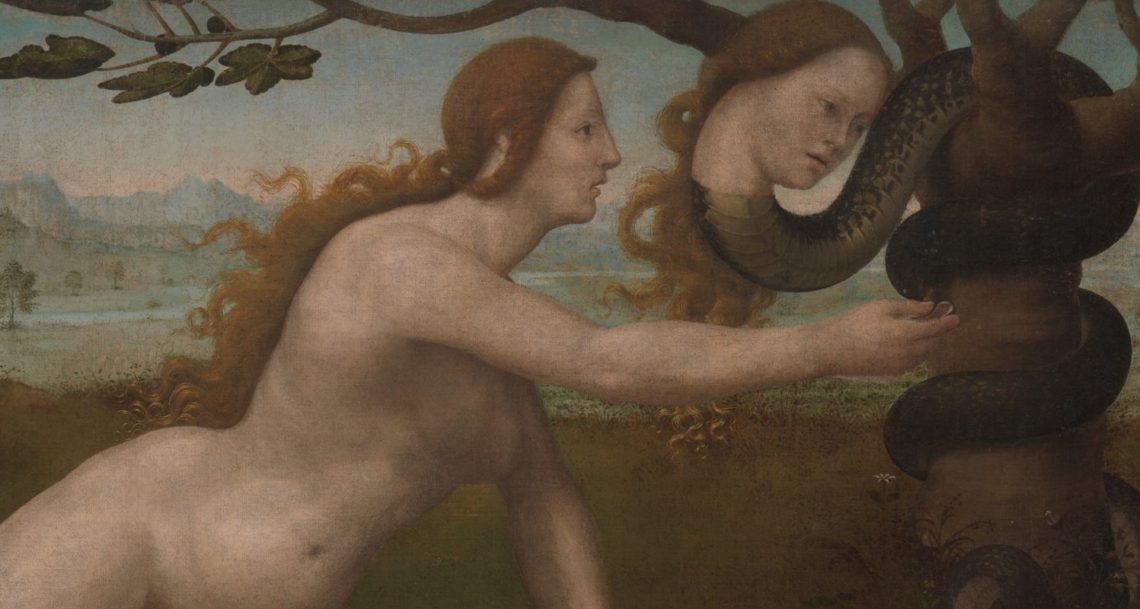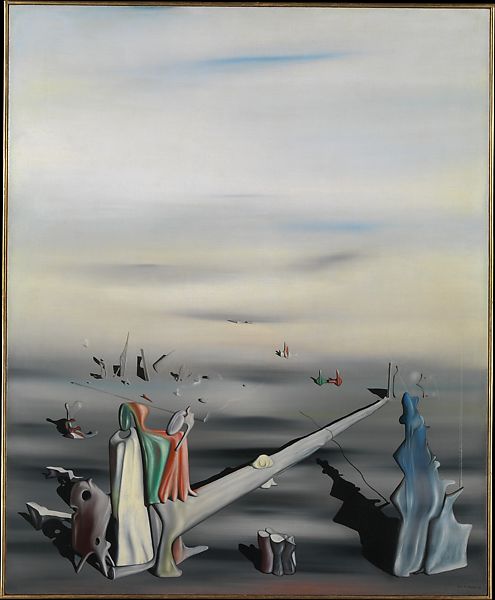Poetry
-
Two Poems by David Kirby
Our Fathers Give Birth to Themselves
I am eight and riding the bus with my dad, and he tells a manacross the aisle to stop doing whatever it is that he’s doing,
and the other man starts to swing at my father, who says somethingin the man’s ear that makes him lower his hand and get off
at the next stop. “What did you say to him?” I ask,but my father just shakes his head,
-
Three Poems by Rubén Merriwether Peña (translated from the Chilean Spanish by David Rock)
I’m Pretty Sure I Saw You
I’m pretty sure I saw you
at the end of the world,
trembling under the weight of your perfections.
Your endless eyes like a wellspring
of second guesses, trompe l’oeil of Venus
eclipsing everything.I’m pretty sure I saw you
on the road to tomorrow,
going the other way, farm girl of these
my most fruitful illusions, patroness of hunters
with empty hands.I’m pretty sure I saw you
kneeling in the church
of a misguided God, -
Sonnet of Little Faith by William Fargason
The rain pressing the maple leaves looks
like broken green piano keys. This view
out my bedroom window, this TV without
sound. I prayed for snow, not wet sunlight.In a clearing, I once asked God to hold
my sadness and was told to build
a bigger heart. A bigger ark. A better window
to clean the smudges off each morning.In the maple tree, a cardinal looks covered
in its own blood. He sees himself in the dirty glass
and tries to attack his shade. For two hours. -
Two Poems by Lindsay Young
Seven, Going on Nothing
It was my sister’s birthday eve,the anticipation as big an event as the real thing,even for me, who always got a sympathy giftto curb the Little Sister envy.I got to see the surprise cake my mom had chosen,fresh out of a glossy flip book at the store.A supermodel cake, impossibly symmetricaland airbrushed heavily with icing.I couldn’t help myself,I had to sneak down to the fridge that nightjust to get a second look. -
Negation # 19 by Alistair McCartney
Medium: aesthetic distancing, epidemiology
John Keats did not die from the Coronavirus.
Grammatically speaking, one does not
Die from the virus:
As a direct cause of death,
One dies of it.
One dies from an indirect agent, for example,
He died from falling down the Spanish Steps.
John Keats never entered the Prada store
Near the Spanish Steps.
Though epidemiologically speaking, in terms
Of viruses and the blurriness
Of direct/indirect causes,
-
Catch by Allison Cobb
What moment was
the moment
my mom died.
We weren’t sure
my dad and I—
we hold that
hard gift close
between—the
us that makes
us selves who
stood beside
her birdlike
curled in—
Oh. It is
a moment—breath
and then
it stops—that’s
real, declare
the time—we had
a clock there, red
with numbers—
Mom.
